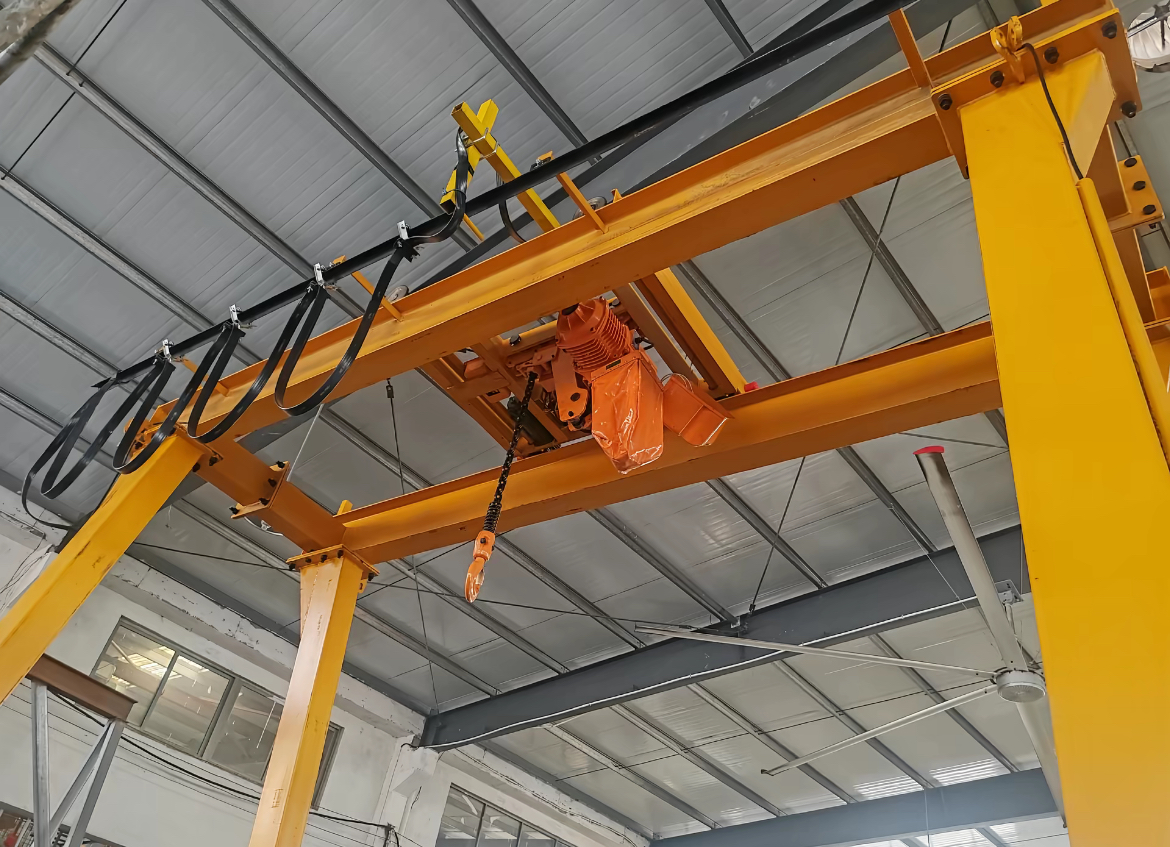Scientific Protection Guidelines for Bridge and Gantry Cranes During Rainy Season
The characteristic humidity, frequent rainfall, and thunderstorms of the rainy season pose significant challenges to heavy lifting equipment in industrial settings. The widely used overhead crane and gantry crane face multiple threats to their metal structures, electrical systems, and operational stability in these damp conditions. Implementing systematic and targeted protective measures is essential to ensure the safe operation and long-term integrity of every overhead crane and gantry crane during the rainy season.
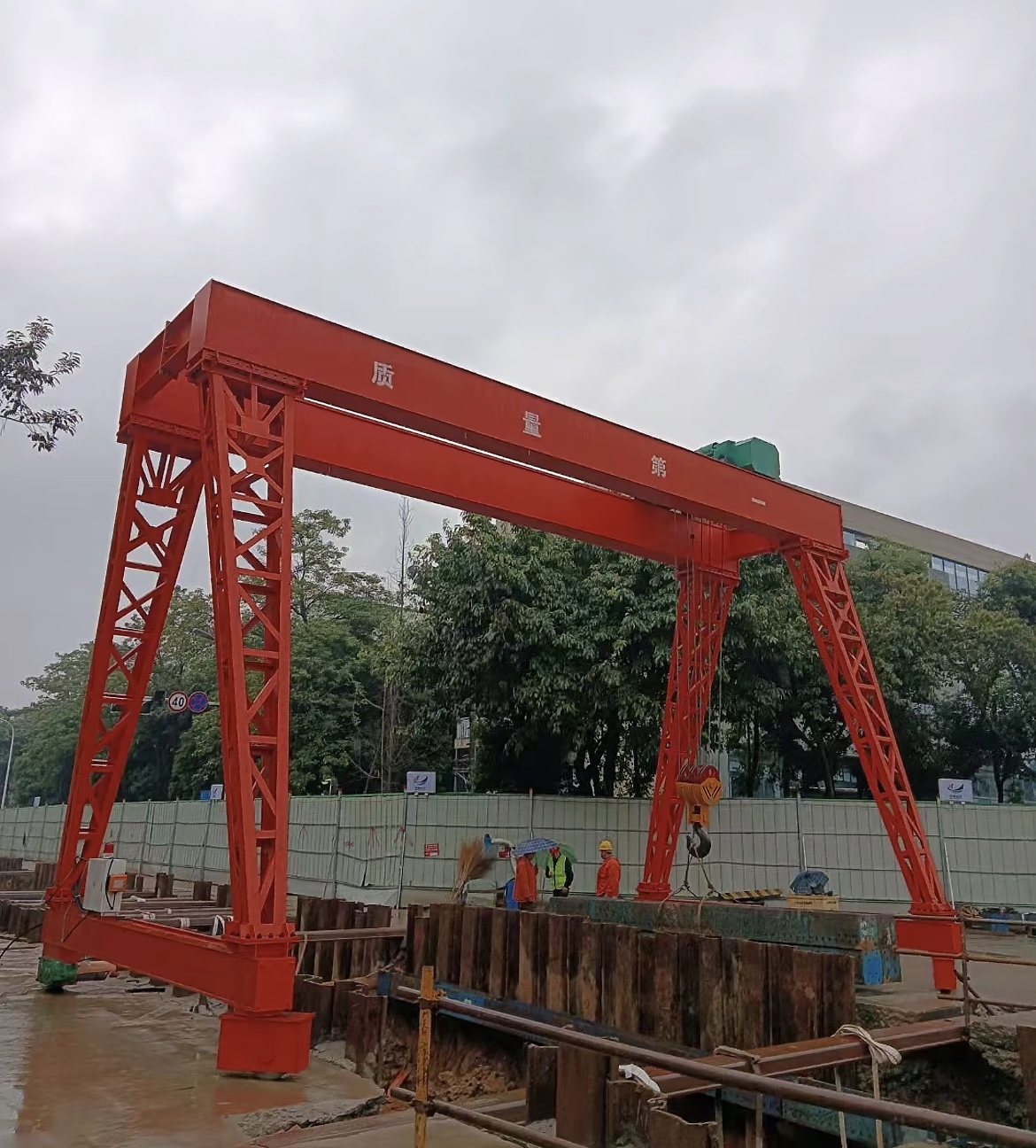
Main Impacts of Rainy Season Climate on Equipment
Humid air and rainwater can significantly reduce the insulation performance of electrical equipment in both overhead crane and gantry crane systems, easily leading to short-circuit faults. Simultaneously, rainwater accelerates the corrosion process of metal structures, causing hidden damage to key load-bearing components like the main girder and end beams. For outdoor gantry crane installations, additional risks from lightning strikes and soft track foundations must be guarded against. Similarly, indoor overhead crane systems require vigilance against electrical hazards caused by roof leaks.
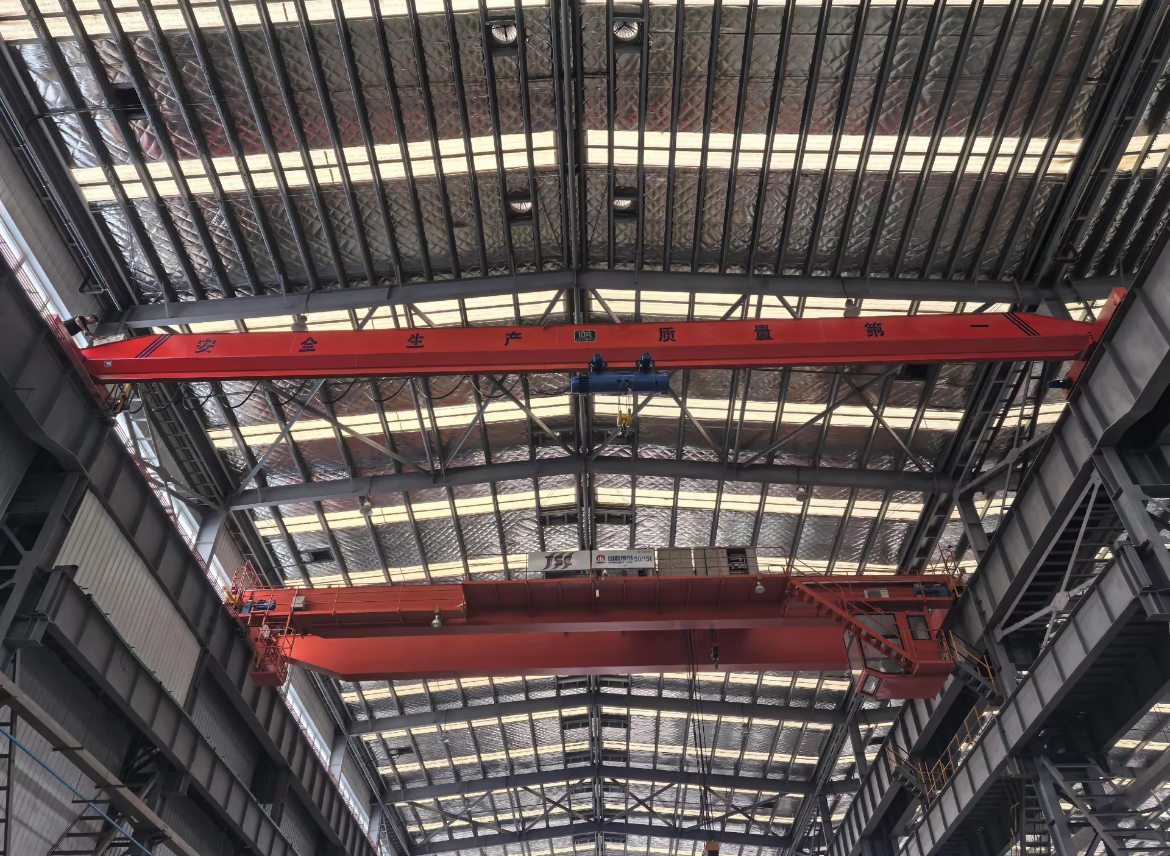
Universal Protection Strategies for All Cranes
Electrical System Moisture Protection
It is imperative to ensure all electrical cabinets and junction boxes on both overhead crane and gantry crane equipment are well-sealed; installing heating and dehumidification devices when necessary. Motors, resistors, and other components should be inspected meticulously to maintain a dry state.
Anti-Corrosion Maintenance for Metal Structures
Accumulated water on all overhead crane and gantry crane equipment surfaces should be promptly removed, and damaged paint must be touched up immediately. Regular lubrication of transmission mechanisms is required to form a protective film that isolates components from air and moisture.
Operational Safety Control
Operators must pay special attention to slippery track conditions for both overhead crane and gantry crane equipment, adopting low-speed and smooth operating methods to avoid sudden stops and starts. The reliability of the brake systems must be tested before each operation.
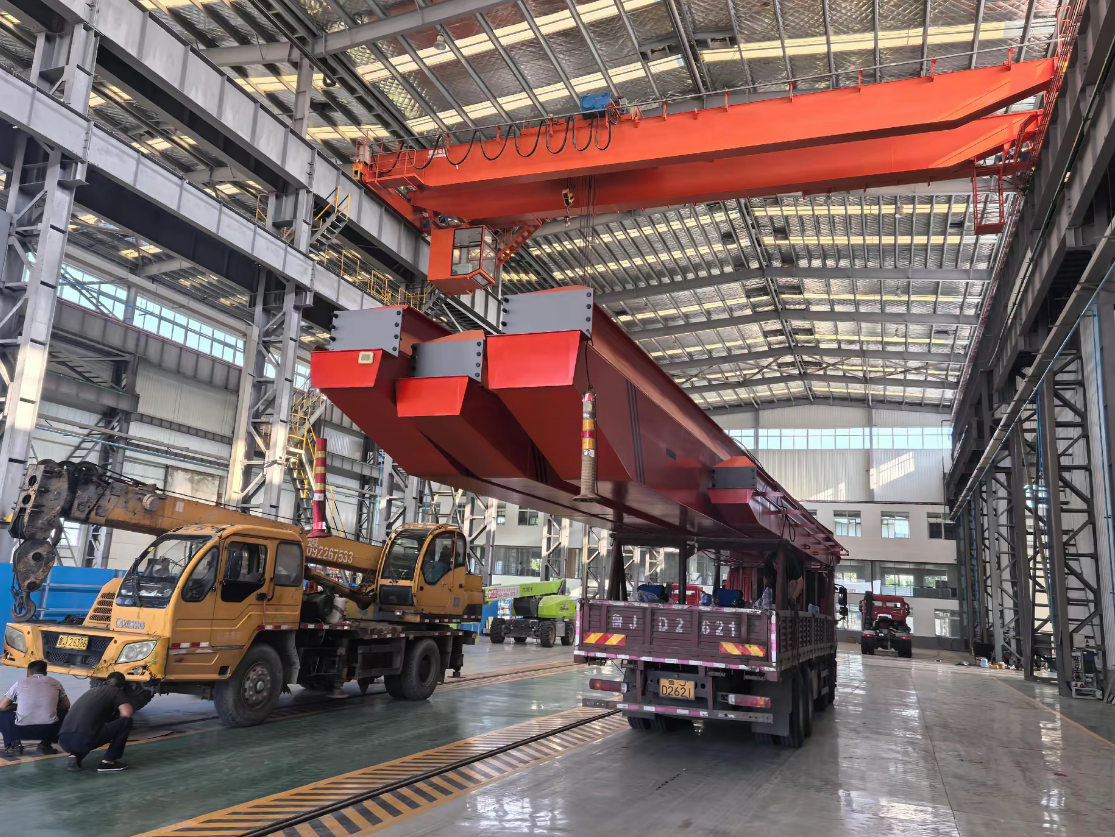
Category-Specific Protection Priorities
Key Protection Points for Overhead Cranes:
Focus on inspecting the waterproof condition of the factory roof to prevent water seepage into overhead crane electrical systems. Ensure the fastening plates of the main and auxiliary girder tracks are secure and the track surfaces are clean and free of water accumulation for optimal overhead crane operation.
Key Protection Points for Gantry Cranes:
The gantry crane lightning protection grounding system must be intact, with regular checks of the grounding resistance value. The effectiveness of windproof devices like rail clamps must also be verified for each gantry crane, and the track foundation should be monitored for any signs of subsidence that might affect gantry crane stability.
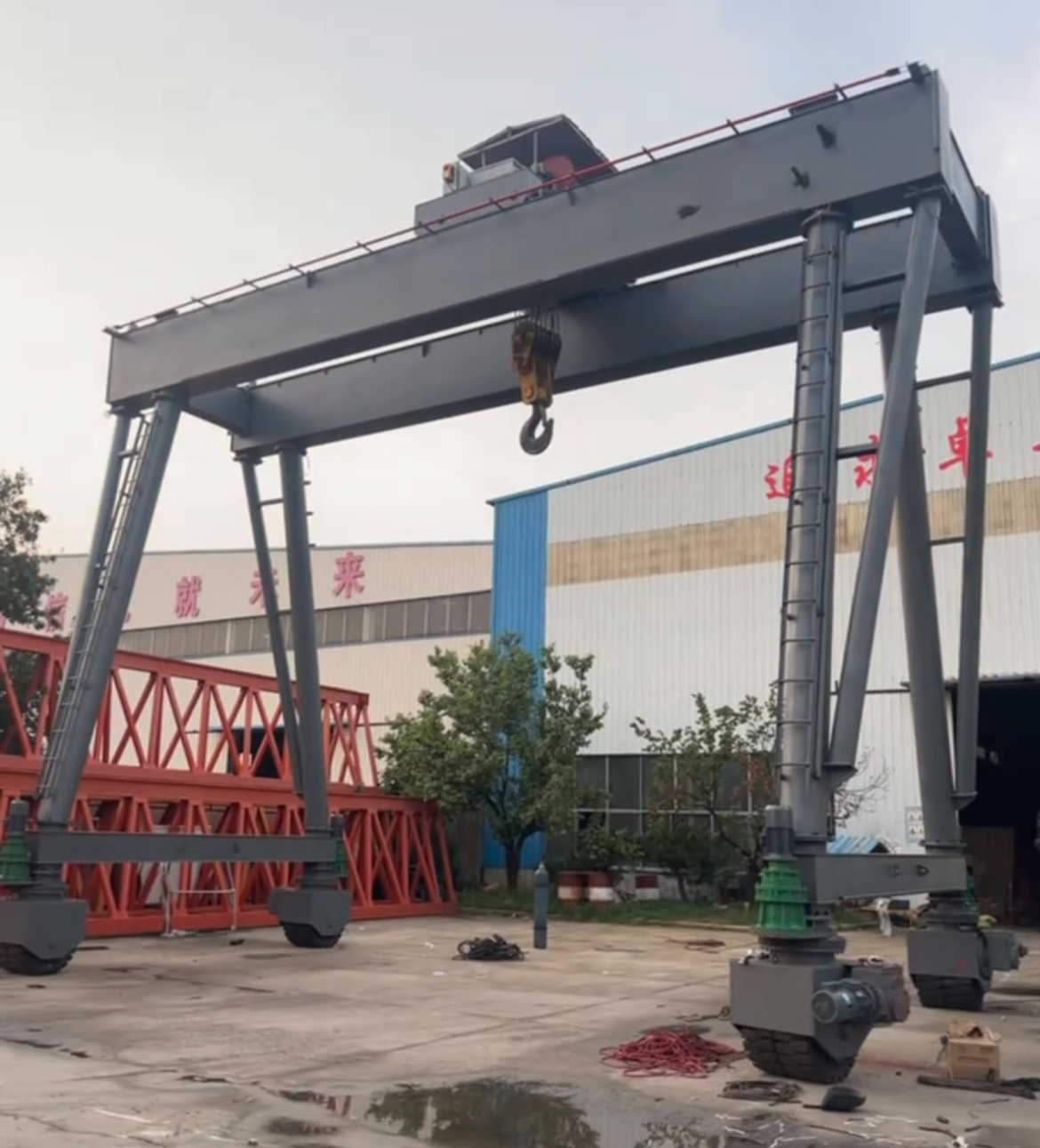
Comprehensive Management Measures
It is advisable to establish a rainy season-specific inspection system for each overhead crane and gantry crane, prioritizing waterproofing, moisture protection, and lightning prevention as daily checkpoints. A comprehensive emergency plan should be developed, outlining procedures for extreme weather events like heavy rain and thunderstorms. Furthermore, specialized training for overhead crane and gantry crane operators should be enhanced to improve safety awareness and emergency response capabilities.
By adopting the aforementioned protective measures, the operational reliability of overhead crane and gantry crane equipment during the rainy season can be significantly improved. Scientific and effective protection not only safeguards each overhead crane and gantry crane but is also a crucial prerequisite for ensuring safety throughout the entire operational area.
